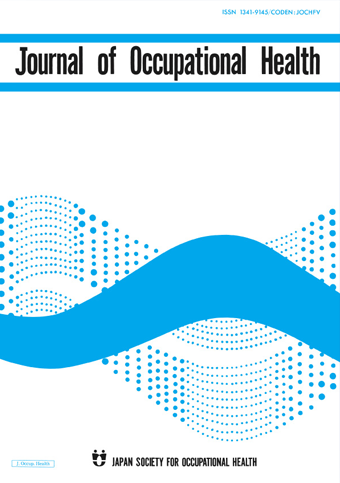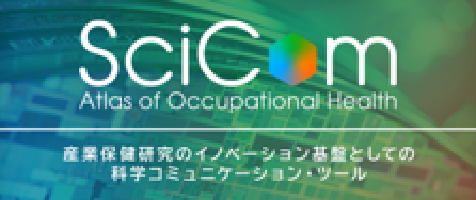Workstyle reforms needed to protect the health of Japanese physicians
The aging of the Japanese population is a well-documented phenomenon that is expected to increase demand for medical services. At the same time, an inadequate supply of qualified physicians has contributed to long working hours for Japanese physicians, and excessive working hours lead to increased risks of cardiovascular disease and burnout and jeopardize the quality of patient care. Given these adverse effects of overwork, workstyle reforms for physicians are a priority for the Japanese labor policy. In a paper recently published in Environmental and Occupational Health Practice, I summarize the policy options for promoting healthier workstyles for Japanese physicians.
One important policy tool has been the imposition of caps on the number of permitted overtime hours for physicians through amendments to Japan’s Labor Standards Act. For physicians in general, overtime is capped at 960 hours per year and 100 hours per month, but physicians who provide certain forms of crucial medical care may work up to 1,860 hours of overtime per year. Physicians who find themselves exceeding these limits should undergo medical assessments to evaluate ways of protecting their health.
Others options for promoting healthy physician workstyles include recommending psychological detachment from clinical work, encouraging physicians to maintain a proper work-life balance, and reminding physicians to treat self-care as a professional imperative. Employers should limit physicians’ levels of exposure to certain occupational risk factors for cardiovascular disease and psychiatric conditions, such as night shifts, long commuting times, and effort-reward imbalances. Physicians and their employers should also consider the unhealthy influences of Japanese gender role stereotypes, which can pressure men into overwork and limit the ability of women to continue working after childbirth.
Addressing the problems associated with physician overwork is important both from a patient care perspective and from a perspective of ensuring that the medical professions can attract talented young people who may otherwise be dissuaded from entering a stressful line of work. Academics in occupational health fields should give thought to the potential reforms in Japanese labor policies that may serve to counter the adverse effects of physician overwork.
Link to the original journal article:
https://doi.org/10.1539/eohp.2020-0008-OP
Workstyle reform for Japanese doctors
Akizumi Tsutsumi
Here are some ways you can make it easier for your plain-language summary to be discovered once it has been published:
- Upload the summary on your personal, lab/research group, or university website.
- Share the published content with peers and colleagues through your personal social media accounts (Facebook, Twitter, Blogs, and LinkedIn). Link this back to the journal’s social media promotions for your paper.
- Include the link to the published post in your email signature line.
News & Announcement
-
Mar 14, 2025EOH-P has been listed on PMC/PubMed!The articles published in EOH-P have been registered with PMC/PubMed, the U.S. Nation...
-
Jun 11, 2021Lay Summary page open!Lay Summary page provides you article summaries in order of study categories. You can...
-
Oct 1, 2019EOH-P is now released!The Environmental and Occupational Health Practice (EOH-P) has been released. Please ...
Journal Info
Average 46.14 days from submission to first decision
Average 120.95 days from submission to acceptance







